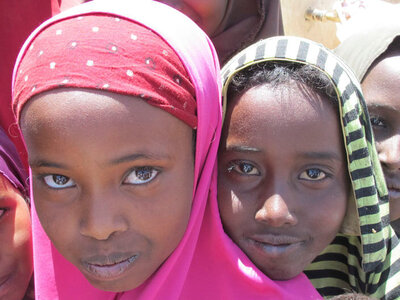Types of support
- 54 country offices
- of the 85 countries in which WFP was present supported strengthening of national capacities in 2015
- 60% of WFP's country offices
- engaged in South-South cooperation activities in 2015
- 84 operations
- across 54 countries where WFP has used cash-based transfers to provide food assistance in 2016
In more than half a century of humanitarian engagement, we have learned that fighting hunger is not a straightforward proposition. It requires collective action on various levels, aimed at various groups, drawing on various contexts and including various stakeholders. We have learned that fighting hunger involves not just delivering food, but also transferring cash; not just transferring cash, but transferring knowledge; not knowledge in a void, but knowledge that makes local sense; and not just knowledge we own, but knowledge derived from conversations of equals.
The diversity of national settings, the gradations of peace and conflict, a changing climate and the complexity of the 2030 Agenda for Sustainable Development all dictate that the World Food Programme (WFP)’s offer must be subtly calibrated, made up of an expanding range of tools and approaches. Used singly or in combination, always tailored and never identical, these tools and approaches express our current thinking about the best way to achieve Zero Hunger.







